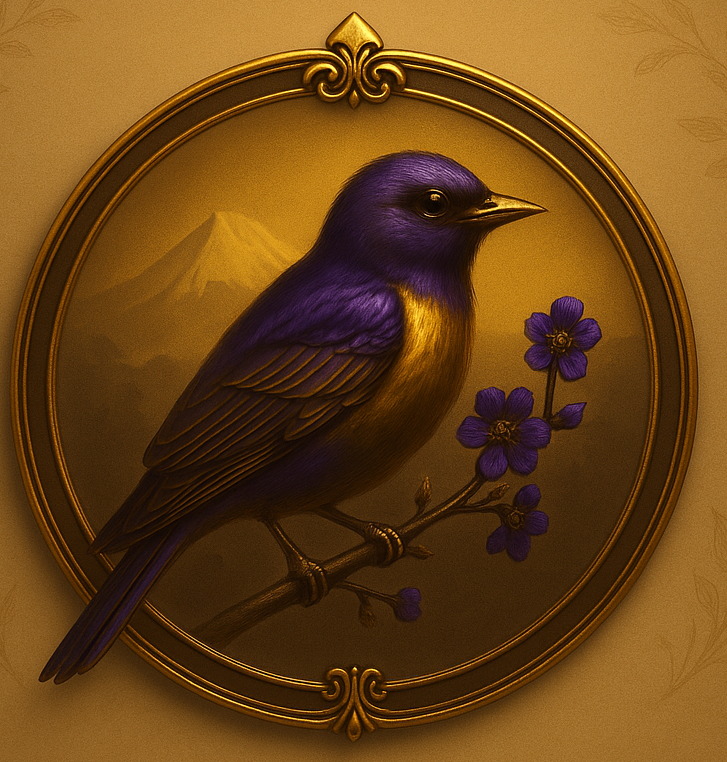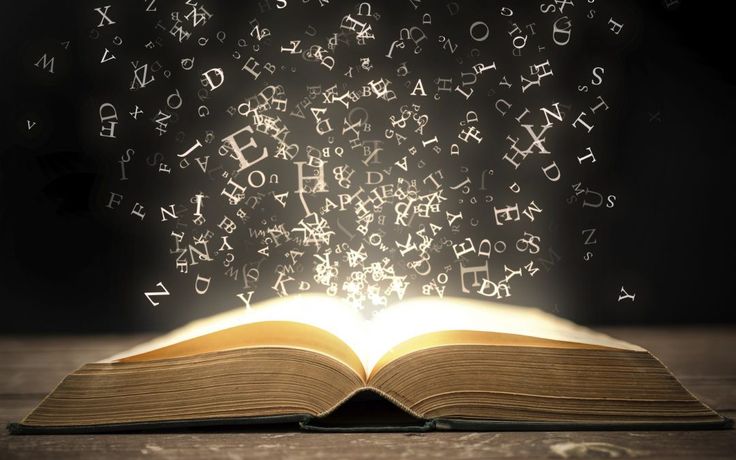Poetry is one of humanity’s oldest and most powerful forms of artistic expression. From epic tales of heroism to intimate reflections on love and loss, poetry transcends time and culture. In this article, we explore the different types of poetry, giving readers a deeper appreciation of this timeless art form.
Narrative Poetry
Narrative poetry tells a story through verse. It features characters, a plot, and often a clear beginning, middle, and end much like a short story or novel. Famous examples include Homer’s “Odyssey” and Edgar Allan Poe’s “The Raven.”
Popular subtypes: Epic, Ballad, Idyll
Lyric Poetry
Unlike narrative poems, lyric poems focus on emotions, thoughts, and personal experiences. Often written in the first person, lyric poetry is musical and expressive, making it one of the most popular poetic forms today.
Famous lyric poets: William Wordsworth, Emily Dickinson
Dramatic Poetry
Dramatic poetry uses theatrical elements and dialogue to present a scene or monologue. It’s intended to be performed and conveys deep emotion or conflict.
Examples: Shakespeare’s plays are filled with dramatic poetry, especially in soliloquies.
Haiku
Originating from Japan, the haiku is a short poem structured in three lines with a 5-7-5 syllabic pattern. Haiku usually evoke nature and the seasons, capturing fleeting moments with clarity and depth.
Example: An old silent pond— A frog jumps into the pond— Splash! Silence again.
Sonnet
The sonnet is a 14-line poem with a specific rhyme scheme, often dealing with themes like love, beauty, and morality. The two most famous sonnet forms are the Shakespearean (English) and Petrarchan (Italian).
Free Verse
Free verse poetry abandons consistent rhyme and meter, allowing for greater freedom in expression. It can mimic natural speech and is widely used in contemporary poetry.
Notable poet: Walt Whitman, especially in “Leaves of Grass.”
Ode
An ode is a formal, often ceremonious poem that praises a person, object, or idea. Odes can be structured or free-flowing, but they typically aim to elevate their subject.
Example: “Ode to a Nightingale” by John Keats
Elegy
Elegies are somber poems written to mourn the loss of someone or something. They are reflective and often end with a sense of consolation or peace.
Famous example: “Elegy Written in a Country Churchyard” by Thomas Gray

